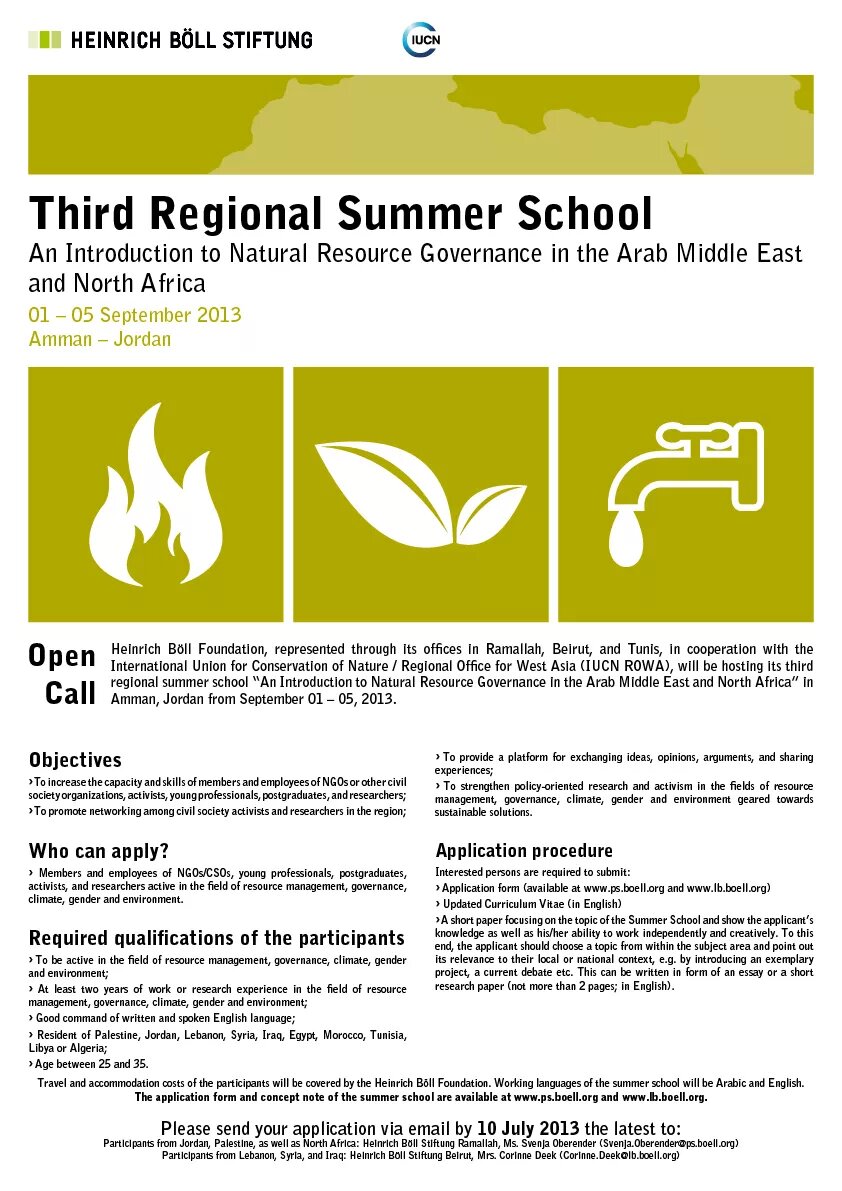
-
“One of the great challenges of the 21st century is to bring about global equity without further overstepping the planet’s ecological limits nor overusing the earth’s finite resources to the extent that future generations are deprived of the opportunity for shaping a sustainable and equitable social coexistence and the associated economic and production patterns. Social equity is inseparable from ecological sustainability. Inequitable distribution and overuse of resources, both domestically and internationally, is one of the key reasons why millions of people today live below the poverty line, while at the same time the earth’s sustainable ecological limits have long been exceeded.” (1)
Natural resources management has long been handled with primarily centralized, top-down approaches, and little recognition has been given to the potential role of rural resource users in this process. Resource policies and resource distribution are heavily shaped by political and economic power structures. Disputes over access to or possession and control of resources are catalysts or even causes of political power struggles and social upheaval in numerous countries and regions. A key element of sustainable natural resource management on the local, national, bilateral, and multilateral level is governance with its core principles of accountability, transparency, participation, and rule of law. (2)
“Resource governance in the context denotes state intervention in the use or provision of resources. By resources we mean those assets which occur in nature. Resource policy is always necessary if the equilibria that become established in its absence produce socially undesirable outcomes. Socially undesirable outcomes may include inefficient use, as found in cases of externalization effects or imperfect markets, or an inter-temporal allocation which pays inadequate regard to interests of future generations, or unduly high or low resource prices which result in socially undesirable distribution-policy implications. Resource governance combines ecological and social aspects of resource use. But it also looks at questions of distribution, power structures, and deficits and potentials of democracy and participation. A resource policy perspective allows for the linkage of different problems and usage structures and hence and awareness of the whole resource nexus, which lends greater coherence to political solutions.” (3)
The Summer School will first and foremost provide an introduction to natural resource governance in general and existing international regulatory frameworks, while introducing different stakeholders with regards to natural resources in the region. It will also be necessary to provide an understanding of the term governance by looking at different approaches and developing a working definition. In this context it will be important to analyse the power structures which decide about the use and distribution of resources. Here, the current transformation in the region will be taken into account, including chances and challenges for civil society. Looking at power structures and power imbalances means including gender as a crucial topic and tool of analysis. This input will be complemented by sessions focusing on examples of sustainable natural resource management, on a governmental as well as on a community level.
The methodology will be varied, including lectures, working groups, round table discussions, workshops and other.Participants:
The Summer School is designed to build the capacities of the participants and to stir a debate about urgent current policy topics. It will also provide the international lecturers with information about and viewpoints from the region, and offer an excellent platform for exchanging ideas, opinions, arguments and sharing experiences across the region. The program shall promote networking among civil society actors, researchers and activists in the region active in the field of climate, adaptation and mitigation strategies, gender and environment.This Summer School inter alia addresses junior professionals, postgraduates, activists, and researchers working at NGO’s, civil society organizations, think tanks or other institutions from Palestine, Jordan, Lebanon, Syria, Iraq, Egypt, Tunisia, and other North African countries. The age range is between 25 and 35.
Application Process:
To be considered, an application should include the attached application form and a Curriculum Vita in English as well as a short paper (2 pages maximum in English). The paper should focus on the topic of the Summer School and show the applicant’s knowledge as well as their ability to work independently and creatively. To this end, the applicant should choose a topic from within the subject area and point out its relevance to their local or national context, e.g. by introducing an exemplary project, a current debate etc. This can be written in form of an essay or a short academic paper.The Summer School will be conducted in Arabic and English without translation. A good command of the English language is therefore essential. The participants are asked to indicate their English level in the application form. Travel and accommodation costs of the participants will be covered by the Heinrich Böll Foundation.
Please hand in the documents by email to
- Participants from Jordan, Palestine, as well as North Africa:
Heinrich Böll Stiftung Ramallah, Ms. Svenja Oberender (Svenja.Oberender@ps.boell..org) -
- Participants from Lebanon, Syria, and Iraq:
Heinrich Böll Stiftung Beirut, Mrs. Corinne Deek (Corinne.Deek@lb.boell.org) -
Deadline for application is 10 July 2013.
-
----------------------------------------
-
Download:
--------------------------------------
(1): Chemnitz, Christine / Fuhr, Lili (2012): To Have or Have Not. Resource Equity in a Finite World. Berlin: Heinrich Böll Foundation. p. 1. http://www.boell.de/sites/default/files/downloads/2012-06-resource-equity.pdf
(2): Ibid.; Moore/Zhang/Triraganon (2011): Natural Resource Governance. Trainer’s Manual. IUCN, RECOFTC, SNV. p. vii.
(3): Chemnitz, Christine / Fuhr, Lili (2012): To Have or Have Not. Resource Equity in a Finite World. Berlin: Heinrich Böll Foundation. pp. 7-8.